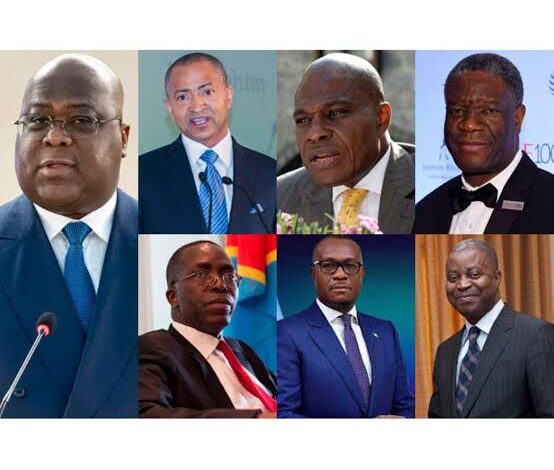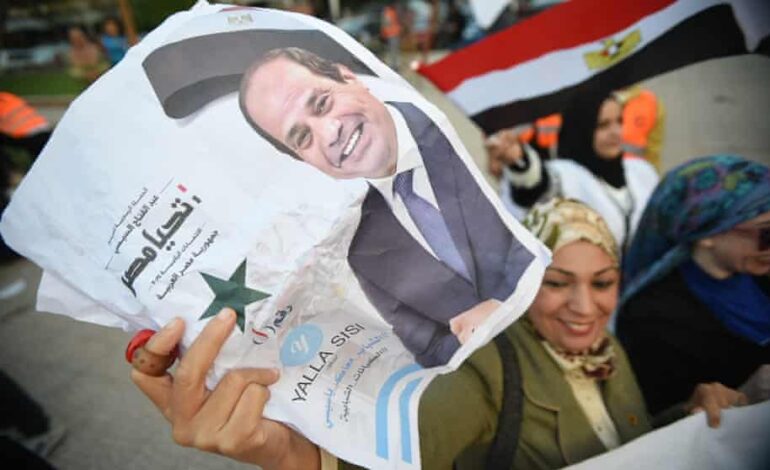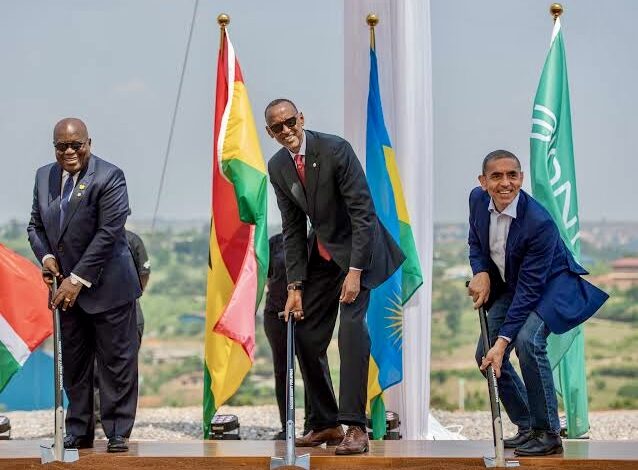
Faith Nyasuguta
The Democratic Republic of Congo (DRC) is on the brink of a significant moment as its presidential elections are set to kick off today, December 20. The anticipation, however, is tinged with uncertainty as logistical challenges loom large in a country characterized by vast expanses and limited infrastructure.
Ensuring that the elections take place smoothly across every corner of the republic has become a primary concern, especially given the complexity of orchestrating a nationwide vote.
The Independent National Electoral Commission (Ceni) has affirmed its commitment to meeting the deadline for the elections, emphasizing that these democratic processes have incurred substantial costs—reportedly totaling $1.2 billion.
One of the notable hurdles is the sheer size of the DRC, where traveling from one region to another can take up to two hours by air due to inadequate road infrastructure. This geographical challenge is compounded by the existence of over 75,000 polling stations, scattered across the country.
In a bid to overcome these logistical obstacles, Ceni has made an urgent appeal for additional transportation resources. The commission’s recent request to President Félix Tshisekedi for aircraft highlights the urgency of securing the means to transport electoral material efficiently.
The situation becomes more paradoxical as the DRC, which has previously been critical of international peacekeeping efforts, now turns to the UN for logistical support. The United Nations peacekeeping mission in the Congo (Monusco) has been sought after for its assistance in distributing electoral material throughout the country.
This election holds historic significance for the Congolese people and the international community alike. It could mark a pivotal moment where an incumbent retains power through the ballot, or a new president peacefully takes the reins—a rare occurrence in the DRC’s turbulent six-decade history of independence.
However, the success of the elections does not solely hinge on the candidates but is also contingent on Ceni’s ability to navigate logistical challenges and the local security situation.
Particularly in regions like Ituri, North Kivu, and South Kivu, where Monusco has already been involved in transporting electoral material, the security landscape remains precarious. These areas have witnessed prolonged conflicts, and recent violence threatens the stability that the elections aim to bring.
In a notable turn of events, the Congolese government, despite its previous skepticism, has sought assistance not only from Monusco but also from other international actors. Angola has offered to come to Ceni’s aid, signaling a regional interest in ensuring the success of the electoral process.
The election landscape becomes more complex when factoring in external players. The US, through its Director of National Intelligence Avril Haines, has been actively involved, pushing for a ceasefire in a region that experiences almost daily fighting between rebels and the Congolese army.
The delicate balance between regional powers, including Rwanda and the DRC, adds another layer of intricacy to the situation.
The US interest in stabilizing the DRC is not solely altruistic but is intricately linked to broader infrastructure projects, such as the Lobito Port Corridor.
This ambitious initiative, valued at approximately $1.5 billion, seeks to refurbish a railway line connecting the Angolan port of Lobito to the DRC and Zambian mines—a potentially lucrative venture that demands political stability.

The ongoing Luanda Process, mediated by President Joao Lorenco of Angola, attempts to de-escalate tensions between Rwanda and the DRC. While regional processes like these aim to foster stability, they also underscore the interconnected nature of political dynamics in the region.
Against this backdrop, the presidential candidates, numbering 22, have the responsibility of not only navigating local complexities but also addressing broader regional concerns.
Incumbent President Tshisekedi, alongside candidates like Martin Fayulu, Moise Katumbi, and Denis Mukwege, find themselves in a landscape where managing security challenges is as critical as the electoral process itself.
The candidates share a common foe in Rwanda, blaming the neighboring country for fanning the flames of regional conflicts. Promises to strengthen the Congolese army and pledges not to negotiate with rebels echo through their campaigns, emphasizing the challenging path ahead.
The US-Africa Summit commitments, totaling $55 billion over the next three years, underscore the importance of stable governance across the continent. The DRC’s election, therefore, becomes more than a national event; it is a determining factor in the larger framework of US engagement in Africa.
As the DRC approaches this critical juncture, with international actors closely monitoring the developments, the outcomes of the election will significantly shape the country’s political trajectory.
Whether the DRC emerges from this process with a consolidated government or is compelled to grapple with new political challenges remains to be seen.
RELATED:




